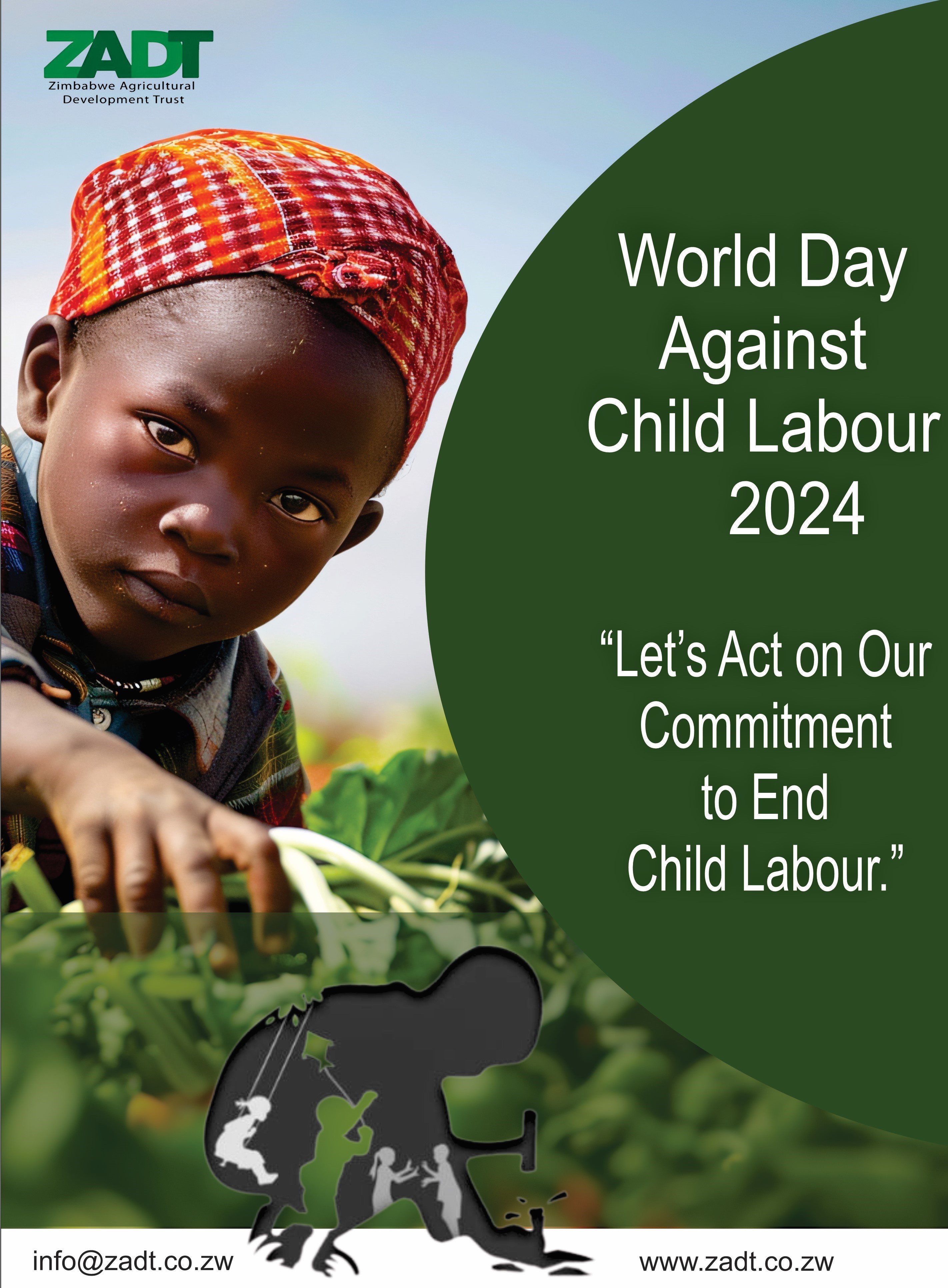By Own Correspondent
THE Public Service, Labour and Social Welfare Ministry has committed to end child labour within the tobacco farming sector.
Studies have shown that 26.3% of the children aged 5 – 15 years were involved in tobacco activities demonstrating the urgent need for policy makers to deal with the problem.
However, in a recent statement, the Labour and Public Service Ministry has prioritized eliminating child labour in agriculture and mining; with several employment councils such as including commercial, catering, and domestic work, reiterating the same message.
“With support from the stakeholders, steps to progressively reduce child labour and increase child protection are underway. These include establishment of a Child Labour Unit within the Ministry; a National Steering Committee on child labour; adoption and implementation of a National Action Plan for Orphans and Vulnerable Children (NAP.
“Instituting a process that will align national laws to international standards; raising awareness; increased sectoral capacity building on child labor; improved data collection and collation and increasing labour inspections in hot-spot sectors and regions,” the statement said in part.
The Ministry said stakeholders drawn from agriculture, mining, commercial and domestic work sectors will be expected to share their sector commitments to eliminating child labour in their sectors in line with the prioritization by the government in the National Action Plan on Orphans and Vulnerable Children.
Official data shows that the number of children in child labour in Africa alone, will rise to 105 million by 2025 compared to the 2019 Africa situation where 87 million children were in child labour. He further pointed the agricultural sector as having the highest child labour prevalence.
Available data from some selected countries paint a disturbing picture of child labour prevalence in agriculture with Zambia (91.8%), Uganda (94.8%), Tanzania (94.1%), Rwanda (78.9%), South Sudan (60.2%), and Kenya (46.3%)








Leave a comment